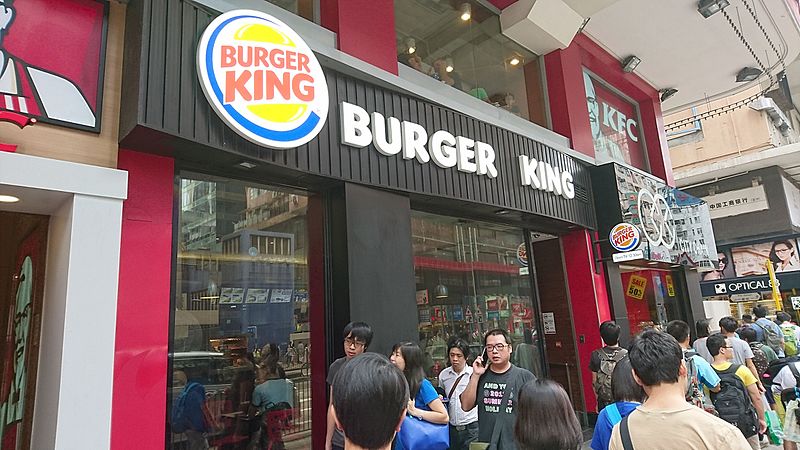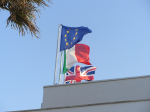
Burger King continues to operate as usual in Russia, despite the previous commitment of its owner, Restaurant Brands International (RBI), to exit the country more than a year ago. In March
2022, RBI, which owns 15% of the fast-food franchise's business in Russia, announced its intention to leave the country. However, RBI now states that it has "no new updates to share at this time" regarding its exit plans.
Critics have accused RBI of supporting Putin's regime by maintaining its stake in the Russian business. RBI, one of the world's largest fast-food restaurant companies, has cited the complexity of its franchise agreement, which involves three other partners operating around 800 restaurants, as the reason for its difficulties in exiting Russia.
While some companies, like Starbucks, have successfully terminated their agreements and exited Russia, RBI's progress has been slow. Critics argue that RBI's use of franchise agreements as an "excuse" is a "convenient smokescreen" to sustain its presence in Russia.
RBI responded by stating that it was refusing new investments and supply chain support, and it had not generated profits from Burger King in Russia since early 2022. Mark Dixon, founder of the Moral Rating Agency, called for RBI to disclose its specific actions to exit Russia and urged the company to "do the right thing."
Franchising is a business method used by many Western brands to expand into new markets. Burger King's main rival, McDonald's, has managed to leave Russia, while KFC's parent company, Yum! Brands, sold over 100 restaurants to a local operator, which were rebranded as Rostic's.
David Bond, a partner at law firm Fieldfisher, explained that RBI's 15% stake prevents it from dictating terms to fellow shareholders to close Burger King branches. He also suggested that franchising agreements are complex and walking away could result in serious consequences, including lawsuits for breach of contract and reputational damage.
However, there is nothing stopping RBI from terminating the franchise arrangement if it is determined to do so, although it might not result in the Burger King brand disappearing from Russia, as other de-branding methods have typically involved sales to local businesspeople willing to de-brand in exchange for a discounted purchase price.
The joint venture that holds the Burger King franchise in Russia comprises RBI and three other parties, including businessman Alexander Kobolov, ICU Group, and VTB Capital, an affiliate of VTB Bank, Russia's second-largest financial institution.
While RBI's exit from Russia remains uncertain, the company's stance and actions continue to draw attention and criticism amid ongoing international tensions and the conflict in Ukraine. Photo by Ireneusz S. Wierzejski, Wikimedia commons.








































